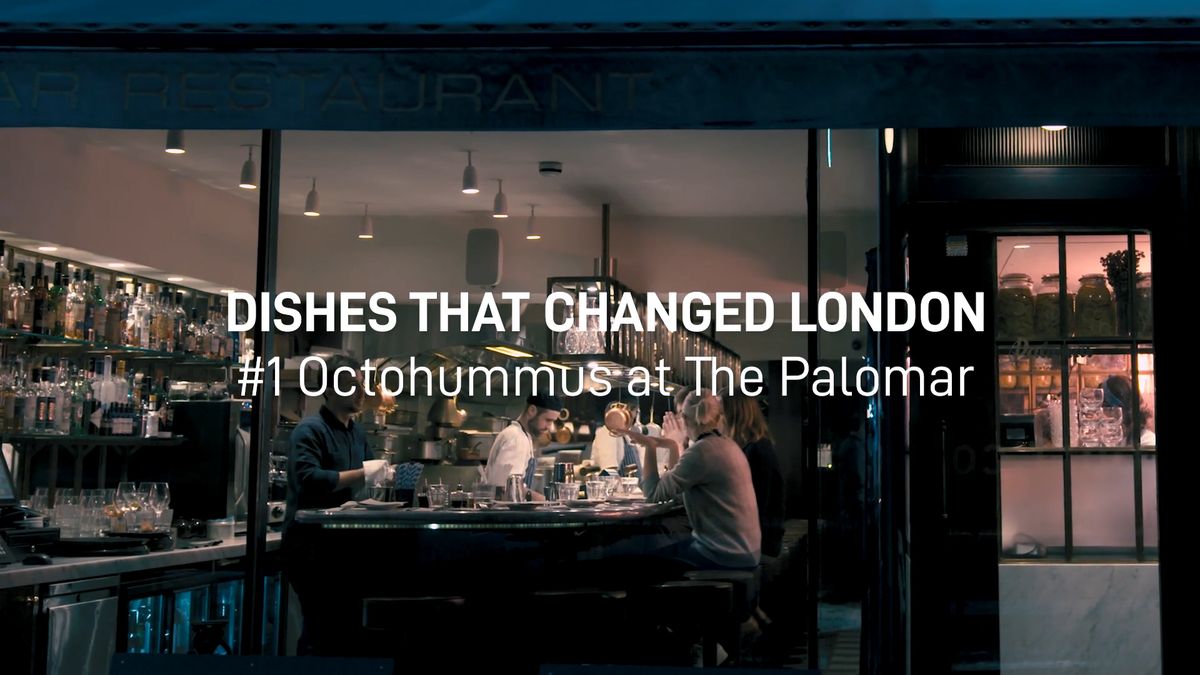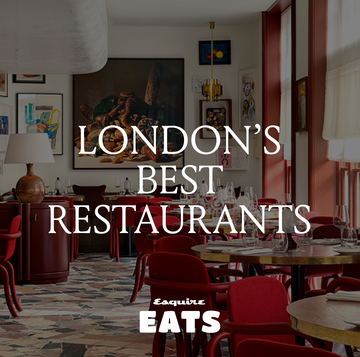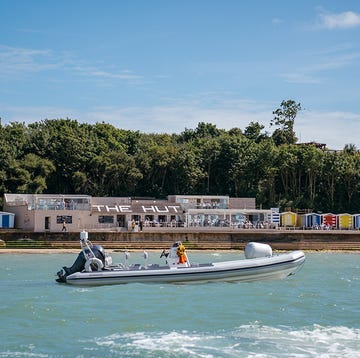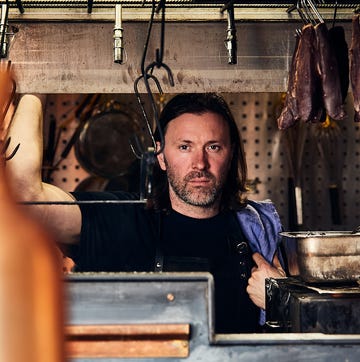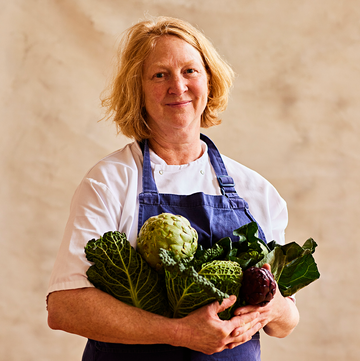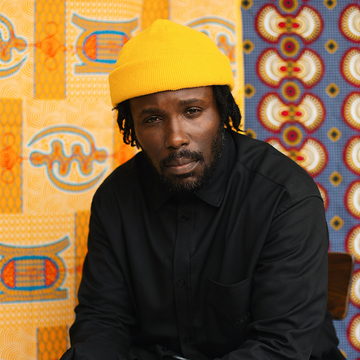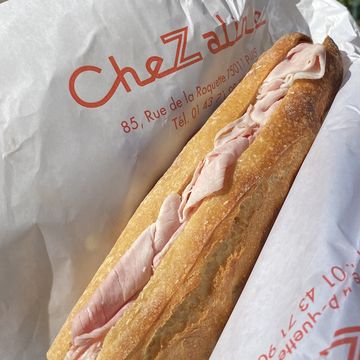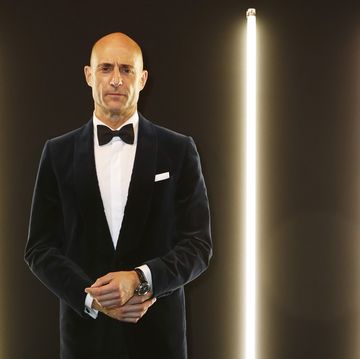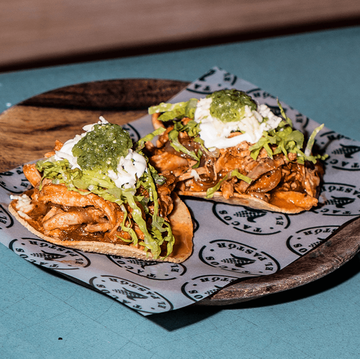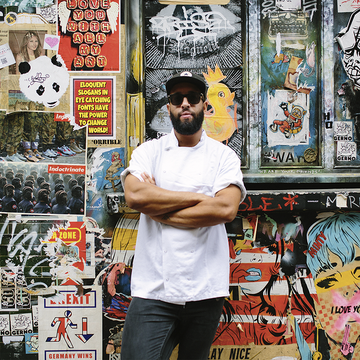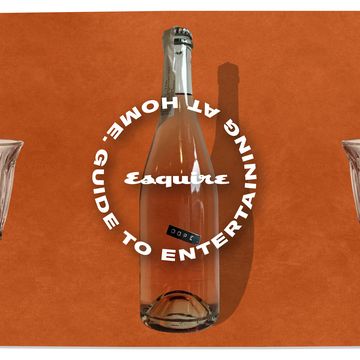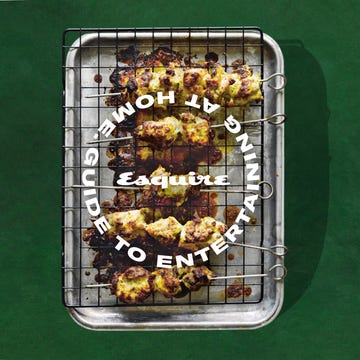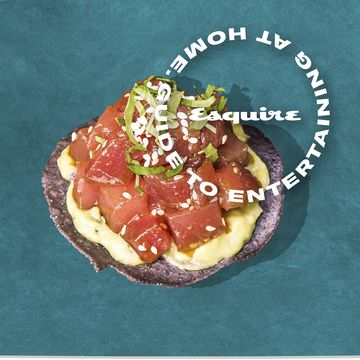Being paid to travel the world and eat the best food on the planet for free has to be one of the world's best jobs. Right?
Yes and no. Welcome to the intense life of a Michelin food inspector: an elite group of restaurant critics who judge restaurants, rate chefs and decide who to award those all-important stars too.
The 2018 Michelin guide for Great Britain and Ireland has now been released. This year, highlights include a three-star Japanese restaurant in London, which seats only nine and costs £300 per head, along with a tapas restaurant in Bristol which has earned its first Michelin star.
Esquire met Rebecca Burr, who is now editor of the guide after joining Michelin 20 years ago, to find out what it takes to be an inspector for the prestigious food bible.
It's a full-time job
"The inspectors go all over the world, we invest in them. We send them to Japan, New York, Milan to build up that standard and benchmark across the world. It's a full time job and the inspectors never tire of it. They have got to live and breathe it, it's a lifestyle. Lots of people write to us for the job and then change their mind as they don't realise how full on it is."
Restaurants have no idea when the inspectors are coming
"We are completely independent, we pay our own bills and are just looking for a regular customer experience.
"We take measures [to maintain the anonymity] like often moving the inspectors and teams around the country and using different names and phone numbers when booking."
It means eating out up to 10 times a week
"There is at least one Michelin inspector visiting a restaurant every single day. But despite eating at some of the best restaurants in the world, I can absolutely still go home and have beans on toast or scrambled eggs, of course. We have one of the best jobs in the world but we have down time too."
The inspectors know their stuff
"Many of the inspectors have come through hotel schools, they've got to have that grounding, training and years of experience in the industry. Most of them are chefs and have an understanding of the business. For example, they'll understand that if a place has had an off day not to make a knee jerk reaction. We know restaurants inside out."
The path to earning a place in the guide is simple
"Simply, it's anywhere that has got good food. We have hotels, guest houses, brasseries, bistros, pubs – lots of different restaurants. It's about food, value for money and consistency.
"When you're talking about stars, it is a different league but the same kind of philosophy: Really good food.
"It's very hard for places to get a star because there is no set formula, we treat places individually. You can have a very different environment like a very luxurious restaurant and then a very informal pub at the same time. It's about good food."
Sometimes, chefs get unhappy
"If chefs get in touch saying they have been trying so hard for a star and they're not sure why they haven't achieved one, we might give some measured feedback but it's not something we get into the habit of. We're not consultants and don't give constant comments. There's open dialogue but there is also a distance because we're independent."
The best part of the job is...
"I have been to some of the best restaurants around the world, it is a privilege and they are memorable experiences. Like when the Fat Duck reopened last year or when Matt Abe took over from Clare Smyth at Gordon Ramsay's restaurant – what big shoes to fill but it was a seamless transition.
"Presenting the guide is also one of the best parts, from getting to see the utter joy on restaurateur's faces and then how the guide will change their business is really rewarding."

